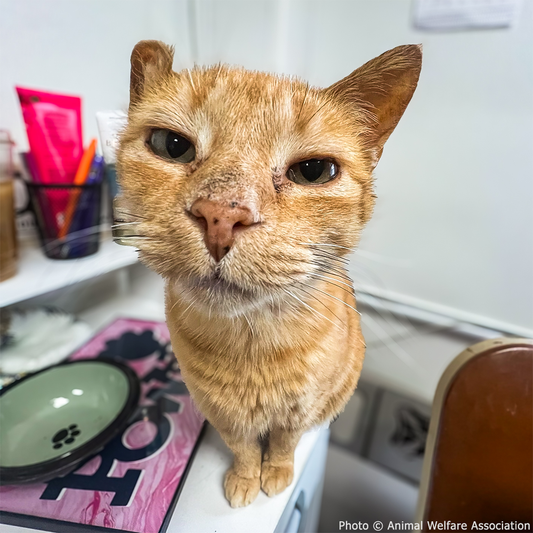Employment Disruption. Health Insurance Loss Lead to Financial Hardship in Cancer Patients
Michelle Milliken
It’s well known that cancer patients often struggle with the financial impacts of their treatment. This can lead to taking less of their medication or not even filling prescriptions, being unable to pay unrelated bills, and even downsizing their home. A new study by the American Cancer Society shows how employment impacts in working age cancer patients can make matters even worse.
A study recently published in CA: A Cancer Journey for Clinicians examined how employment disruption, lost wages, and interrupted health insurance coverage due to job loss can lead to financial hardship, particularly in patients who are not yet old enough for Medicare coverage. The study showed that due to these issues, along with increasingly higher costs of cancer care, nearly 60% of working age cancer survivors reported at least one type of financial hardship, including being unable to afford their medical bills or delaying or avoiding care because of cost.
Dr. Robin Yabroff, lead author and scientific vice president of health services research at the American Cancer Society, says, “While the rising costs of cancer care and subsequent medical financial hardship for cancer survivors and families are well-documented in the United States, little attention has been paid to how employment and household income can be affected by a cancer diagnosis and treatment. With nearly half of cancer survivors of working age and not yet age-eligible for Medicare coverage, understanding the potential effects of cancer diagnosis and treatment on employment, income, and access to employer-based health insurance coverage is essential.”
To conduct their study, the researchers used data from existing research, along with three years’ worth of responses to the National Health Interview Survey, which polls tens of thousands of Americans each year on their health. They then made national estimates on financial hardship to compare working age adults with and without a history of cancer.
With the findings showing that well over half of working age cancer patients report some form of financial hardship and that roughly three-quarters of cancer patients report having to miss work due to treatment, the report highlighted some things employers can do to address the issue. Those recommendations include offering strong health insurance coverage and providing paid and unpaid leave and other accommodations to employees undergoing cancer treatment.
Lisa Lacasse, president of the American Cancer Society Cancer Action Network (ACS CAN), says, “Today’s findings reiterate the critical role access to affordable, quality care and paid family medical leave plays in reducing the financial toll of cancer on those diagnosed – particularly while they are of working age. A majority of cancer patients and survivors (74%) report being forced to miss work due to their illness, most of whom report missing more than four weeks of work, according to an ACS CAN study. No one should be forced to choose between their treatment and their employment. To truly protect patients from the high costs of cancer, Congress must enact paid family and medical leave as well as provide tangible options for affordable health coverage outside of employer-sponsored plans by making permanent the enhanced Marketplace subsidies that allow millions who otherwise have no affordable coverage option to enroll in Marketplace plans.”
The report also provided recommendations to health care providers and other policymakers. You can read more of those here.
Michelle has a journalism degree and has spent more than seven years working in broadcast news. She's also been known to write some silly stuff for humor websites. When she's not writing, she's probably getting lost in nature, with a fully-stocked backpack, of course.






















